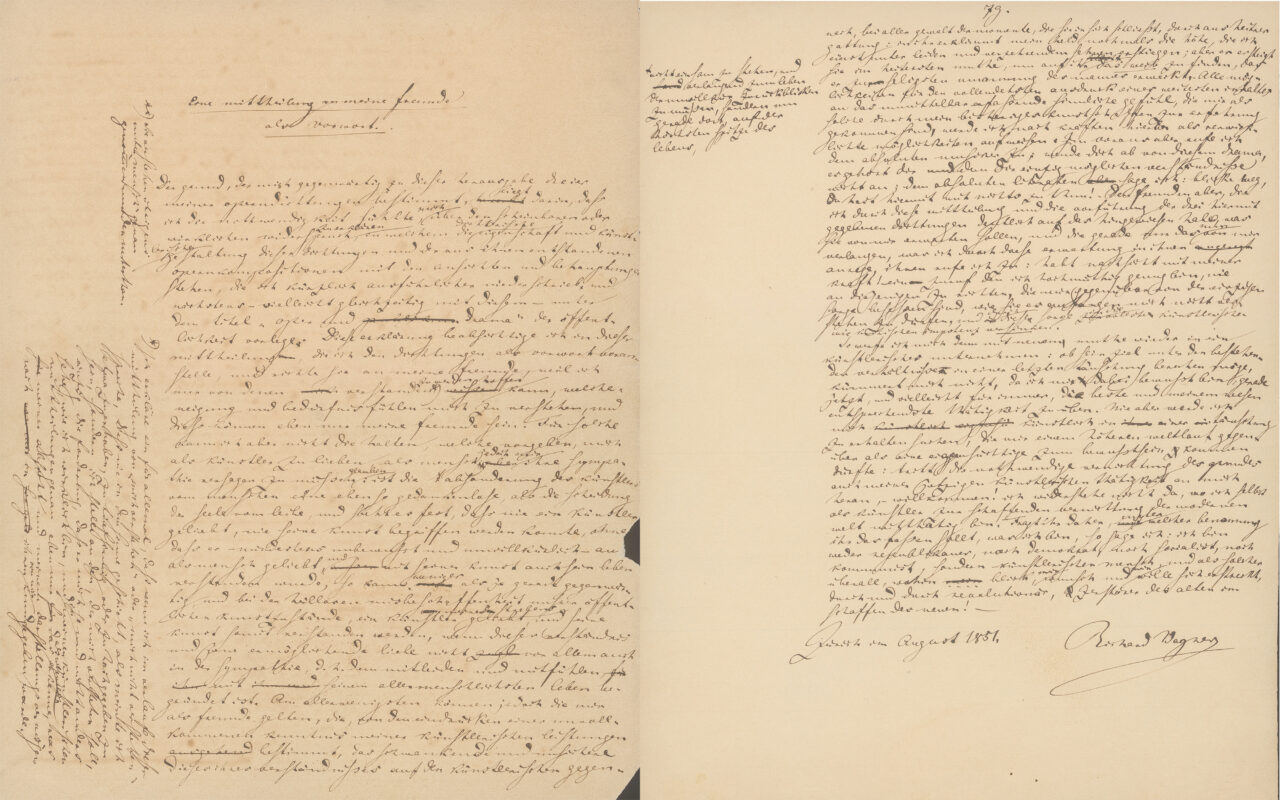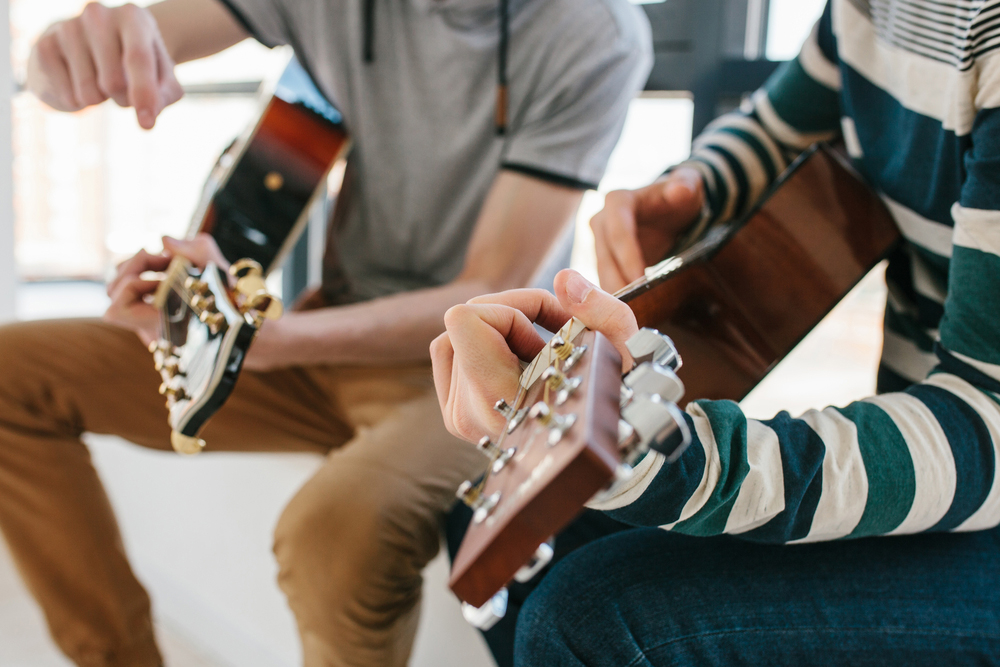Self-assessment when making music
How do we assess our musical ability? What role does self-assessment play in music education? A team from the Max Planck Institute for Empirical Aesthetics in Frankfurt and the universities of New York and Hamburg investigated these questions.

All study participants (sopranos) sang "Happy Birthday" individually in a studio. They were then asked to listen to and evaluate recordings of their own vocal performances and those of their colleagues. Pitch accuracy, i.e. the ability to hit the right notes, was used as a yardstick.
The research team derived a statistical model from the participants' ratings by their colleagues. Using this, they were able to determine how well a singer rated others as well as her own performance. "The results show that the singers were surprisingly inaccurate in their self-assessment. Most of them overestimated their own performance," summarizes first author Pauline Larrouy-Maestri from the Max Planck Institute for Empirical Aesthetics.
In addition, the team observed that a singer who performed better in terms of pitch accuracy also rated herself better. This finding is surprising, as experts generally tend to underestimate their own abilities in their area of expertise.
The study not only underlines the fact that even professional singers do not necessarily classify their own vocal performance correctly. It also suggests that self-assessment can be a key factor in the development of exceptional musical abilities.
Original publication:
Larrouy-Maestri, P., Wang, Z., Vairo Nunes, R. and Poeppel, D. (2021). Are you your own best judge? On the self-evaluation of singing. Journal of Voice. Advance online publication. https://doi.org/10.1016/j.jvoice.2021.03.028







